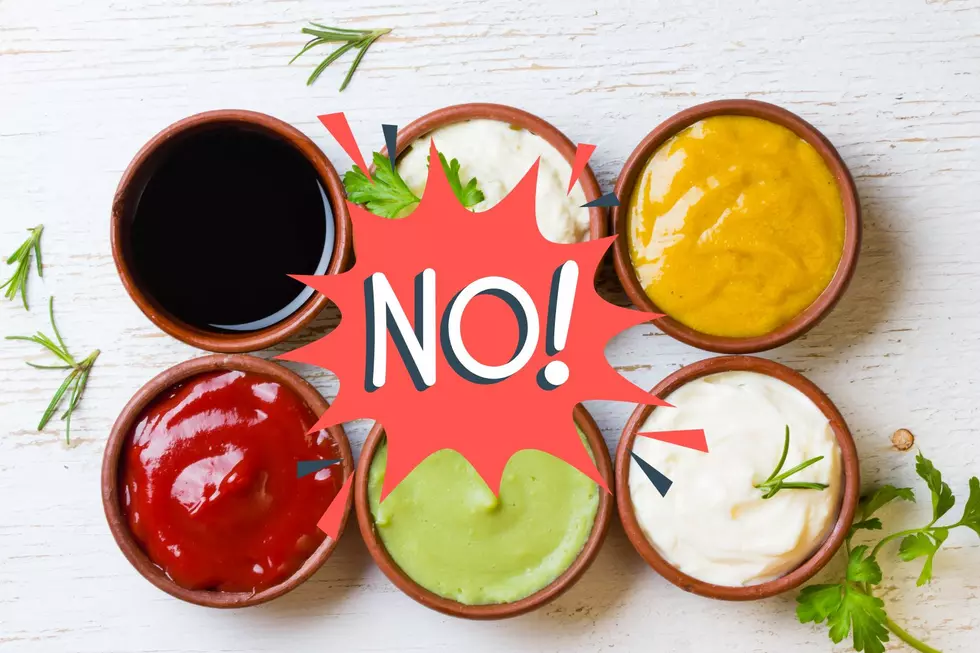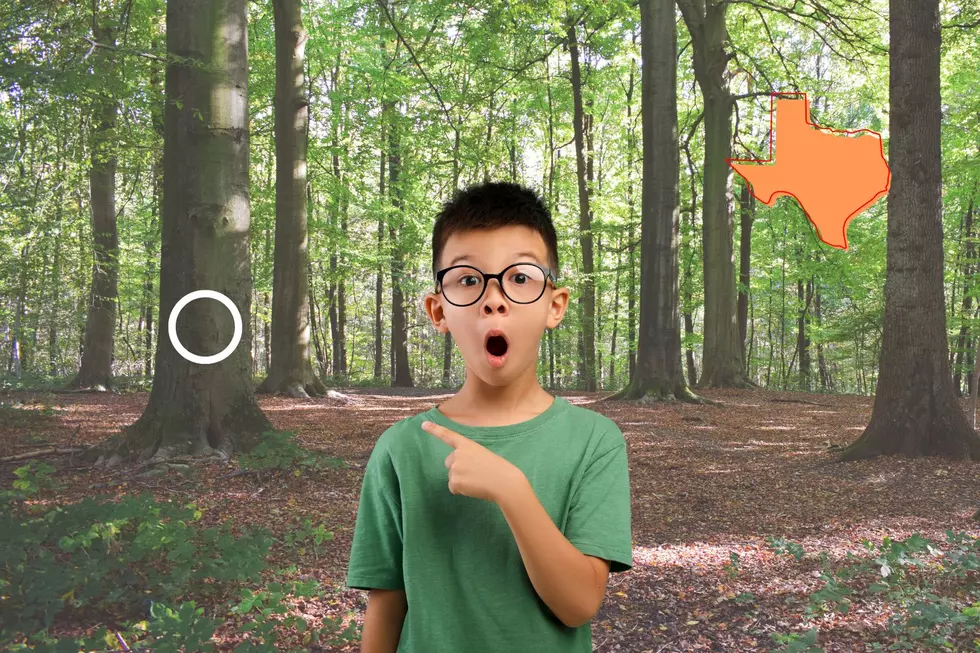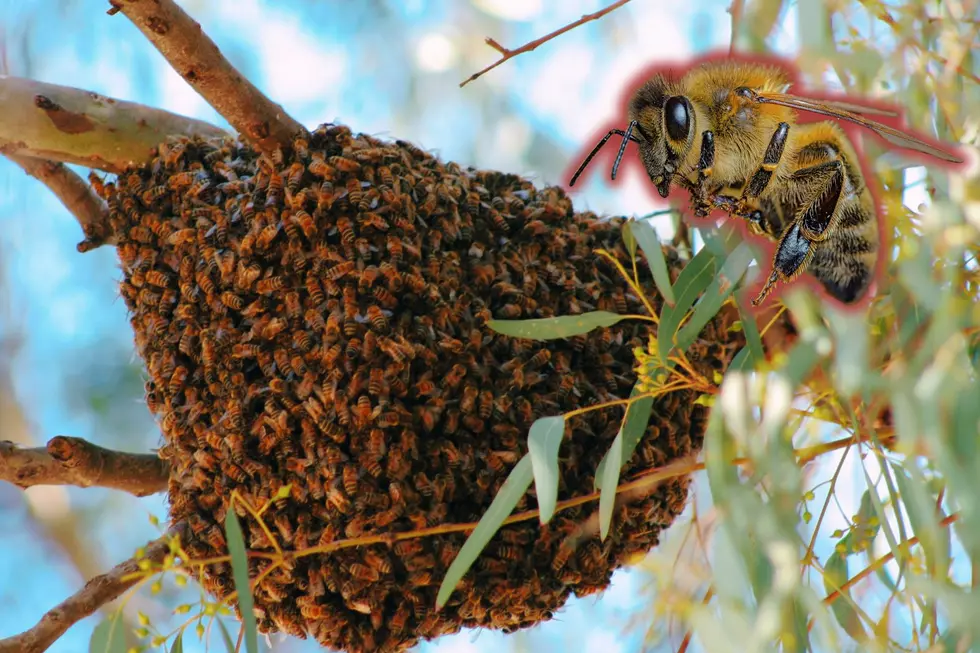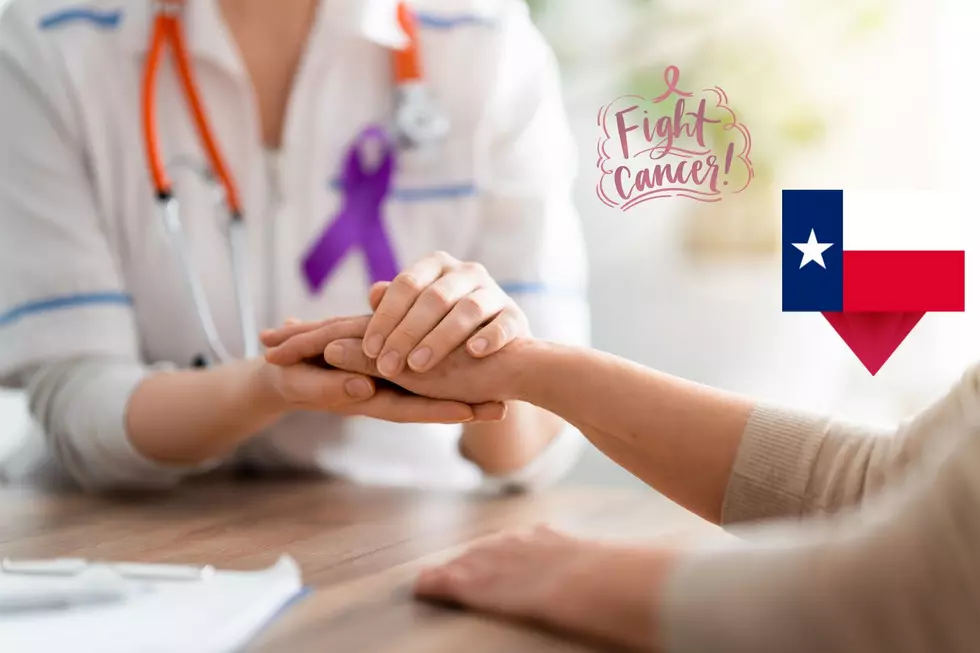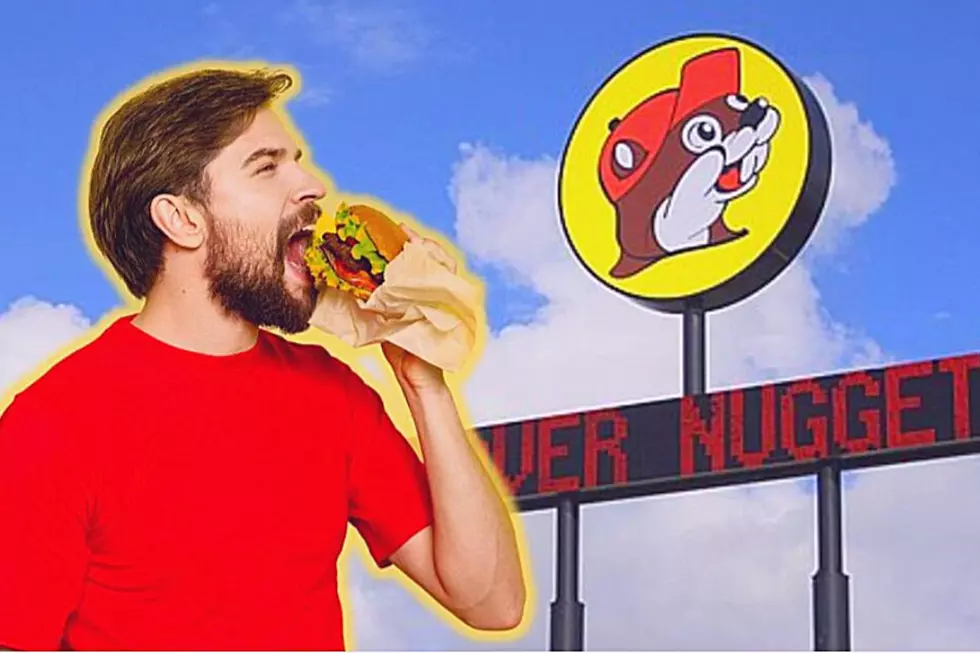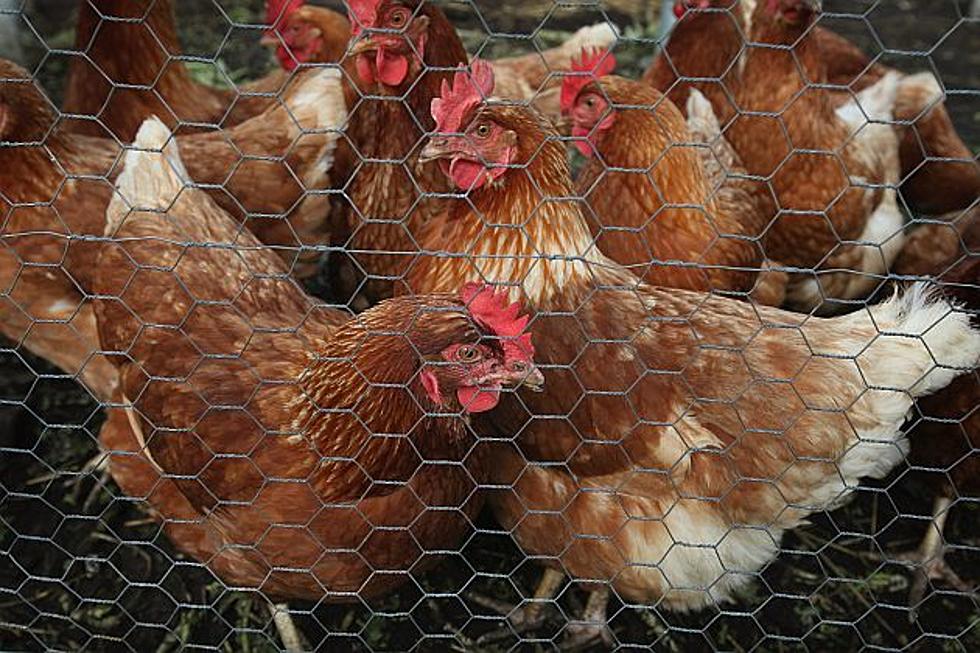
CDC: Kissing Chickens Can Lead To Salmonella
The Center for Disease Control is asking chicken owners to keep their lips to themselves to prevent the spreading of Salmonella. Backyard poultry like chicken and ducks can spread the germs even when they look healthy.
The CDC recommends backyard poultry owners always wash their hands with soap and water immediately after touching their poultry, their eggs or living area.
In addition, poultry owners should not kiss or snuggle them or eat or drink around them, as these actions could spread Salmonella through your mouth. Owners should also be sure to keep all poultry and supplies outside the house, including shoes you might wear in the coop.
Children under five should never touch chicks, ducklings or other backyard poultry, as young children are more likely to get sick from germs like Salmonella.
Some of the symptoms associated with Salmonella include diarrhea, a fever higher than 102 degrees, vomiting and dehydration (lack of urination, dry mouth/throat, feeling dizzy when standing up). If any of these symptoms present themselves the CDC recommends you contact your health care provider as soon as possible.
As of May 20th, 2021 a total of 163 people have been infected with one of the outbreak strains throughout 43 states this year. Sick people range in age from 1-87 years old with a median age of 24.
Of 109 people who have reported to the CDC, 34 have been hospitalized but no deaths have been reported.
The peak of the outbreaks happened in April of this year and have tapered off a bit since.
LOOK: Route 66’s quirkiest and most wonderful attractions state by state
LOOK: Here Are 30 Foods That Are Poisonous to Dogs
More From 101.5 KNUE



